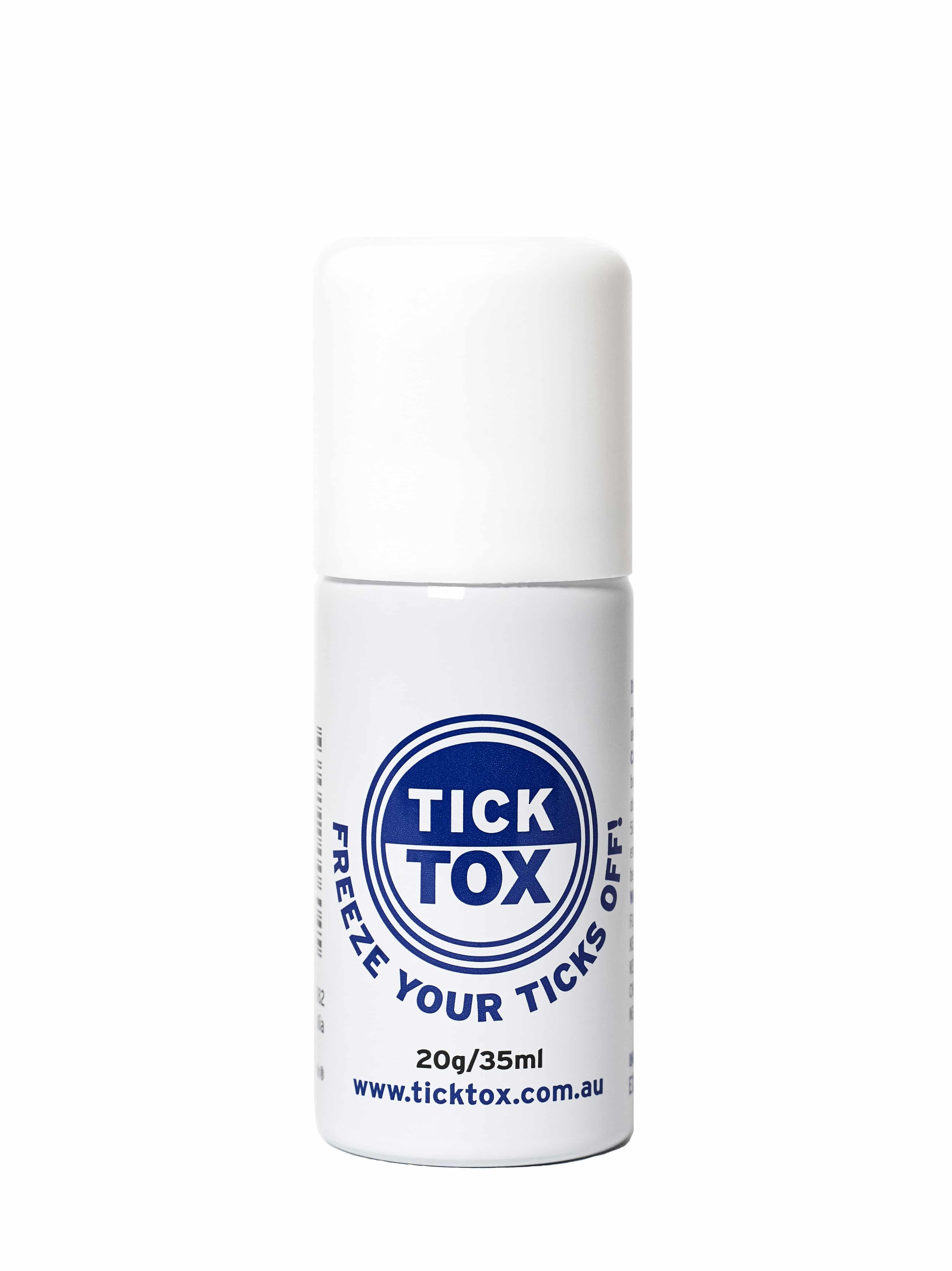Sorry to hear & wish you a full & fast recovery. Fuqn ticks, also freakn mozzies & midgies are the only creatures I'd go well out of my way to eliminate.I have just come out of a ten day stay in hospital having contracted tick borne encephalitis.
Snap freezing them is even more effective & satisfying revenge.It is a good idea to carry a proper pair of Tick Tweezers





